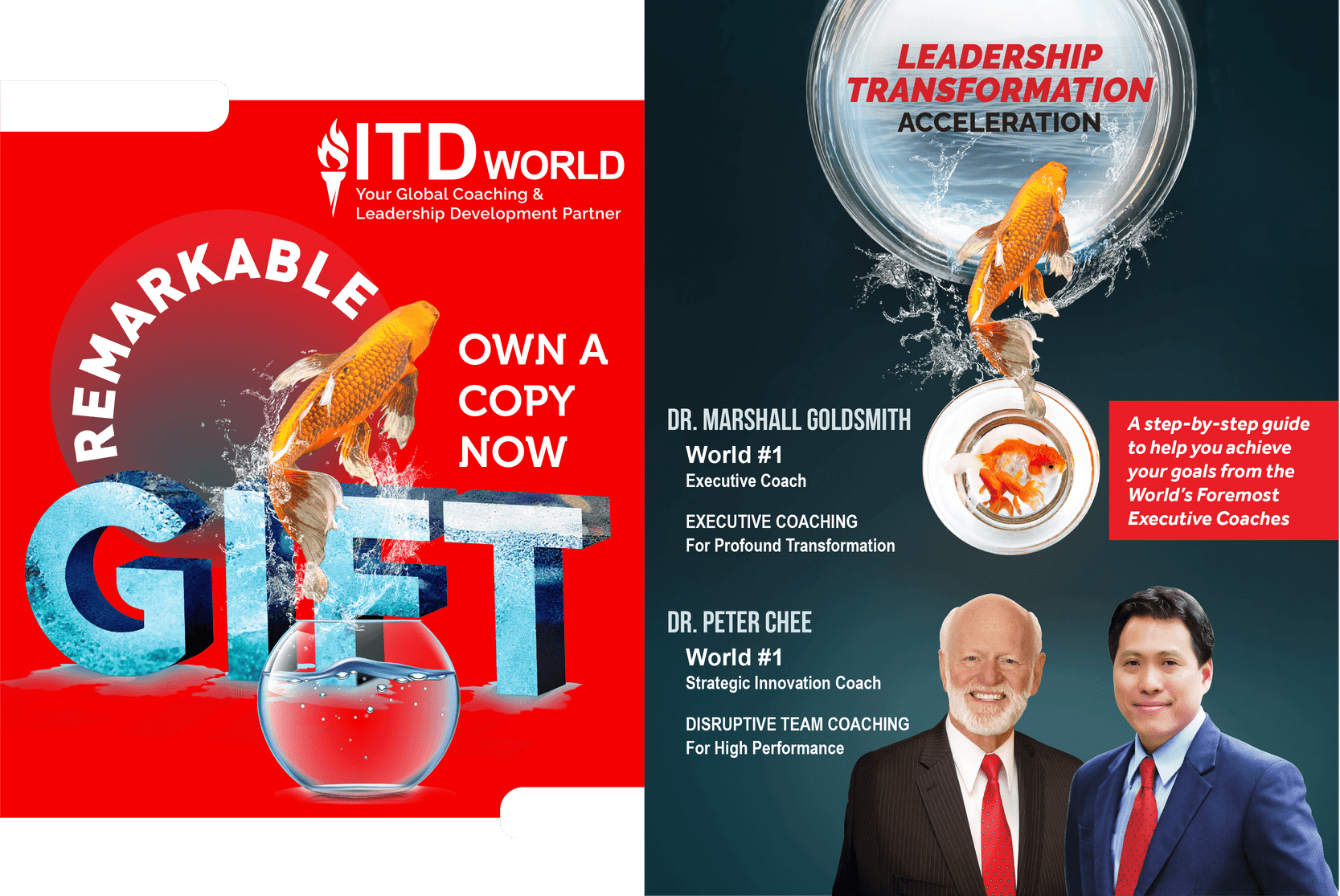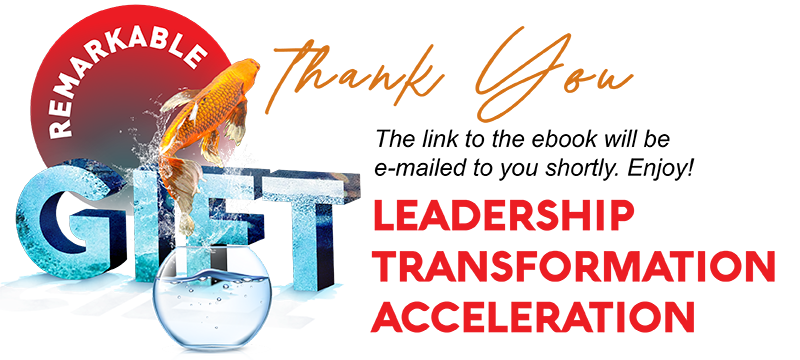
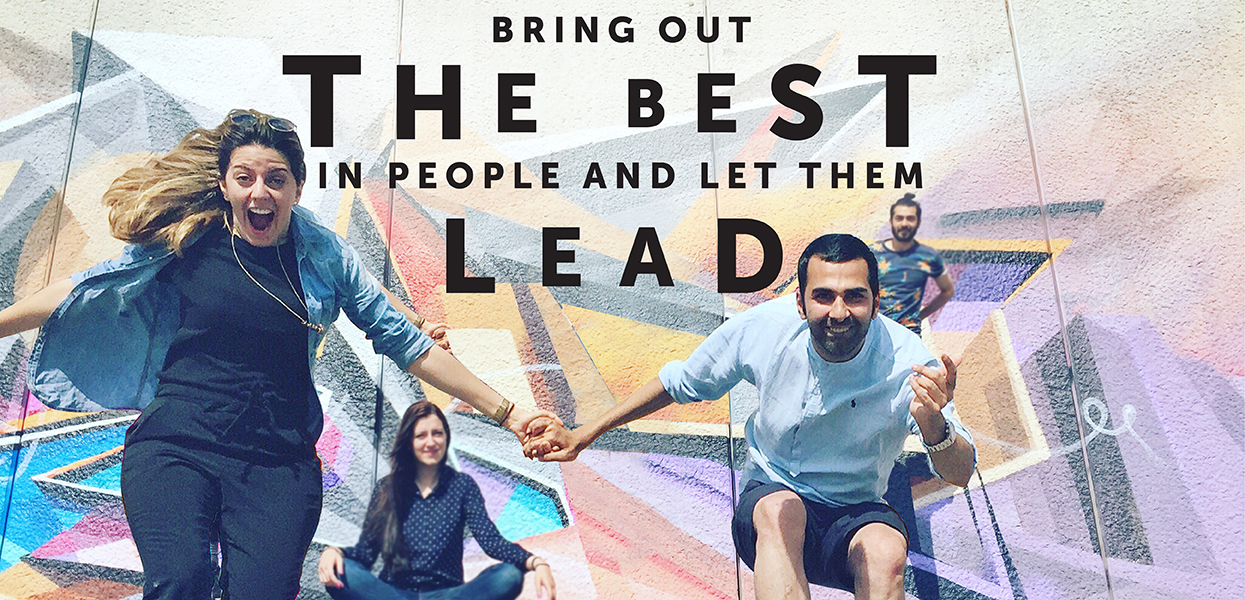

By Dr Peter Chee and Dr Jack Canfield
Developing self-leadership is by bringing out the best in people and letting them lead. Self-leadership is vital for successful leadership. Those who cannot lead themselves are unable to lead others. Since leading others begins with the self, one of the best things a coach can do in adding value to others is to help them lead themselves well.
People develop good self-leadership when they feel empowered to make decisions, to take action and to be accountable for the results. Empowering others brings out the best in people as this allows them to take the initiative and be proactive to make things happen.
Paradoxically, coaches empower their coachees when they take a step back by ensuring the coachee is responsible for the solutions, actions, and outcomes. Doing so allows people to take responsibility to lead their own lives by forming strong self-leadership habits for results.
On the other hand, coaches who take a command-and-control approach may find their coachees feeling powerless and lacking autonomy. This results in low motivation while creativity is impeded which are not outcomes great coaches want.
Consider the following scenarios illustrating the difference between empowering coaching conversations and disempowering exchanges:

At the center of your being, you have the answer; you know who you are, you know what you want, and you know what you need to do.
Lao Tzu

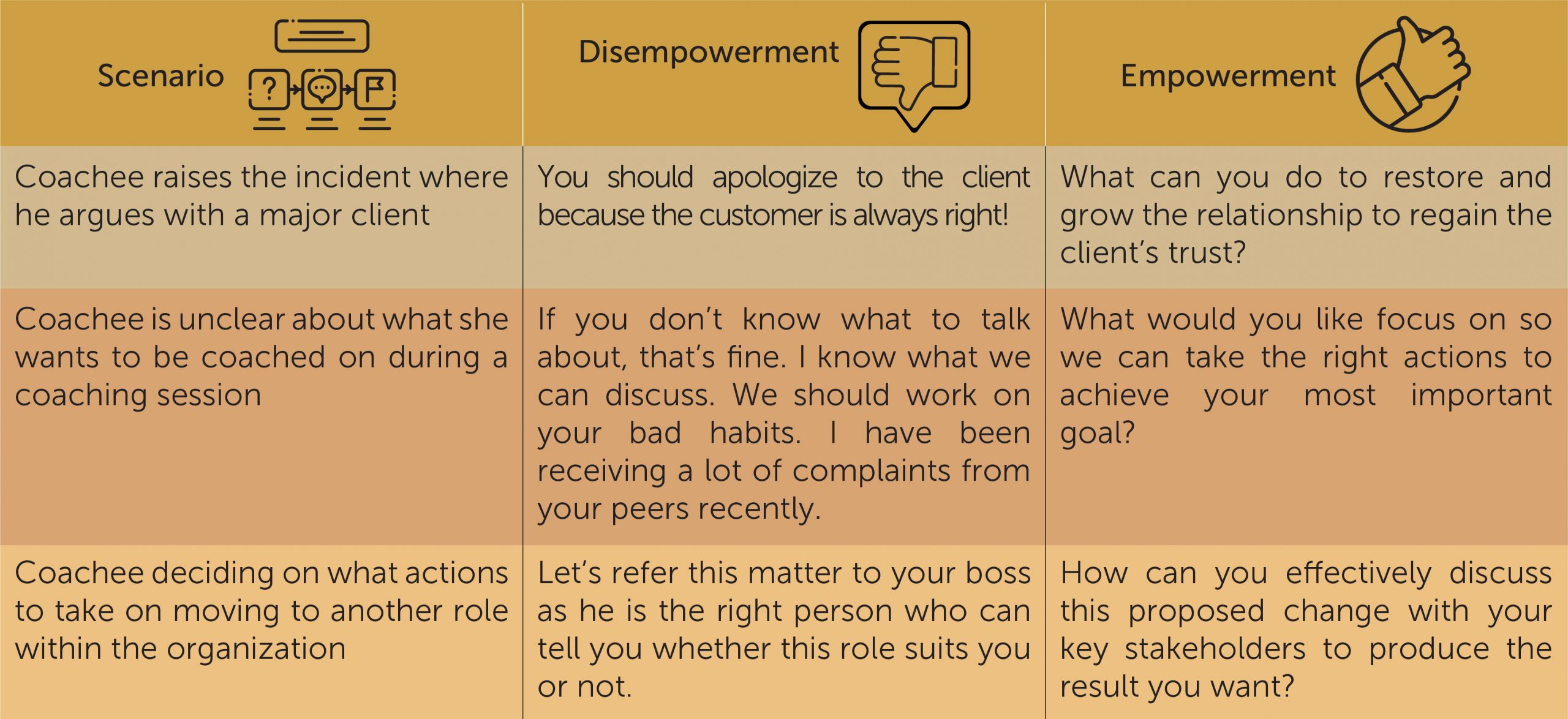
EUREKA VIDEO
Effective coaches constantly choose to use a nondirective approach to coaching and to empowering people to succeed at leading themselves. They have faith that people are capable of improving and finding their own solutions.
The person with more information, responsibility, and investment in their own future is not the coach. The person being coached has more information about herself or himself, their past, present, future, their environment, and their circumstances. The coachee has more responsibility, and she or he puts in more time, more resources, and is more affected by the outcome of their actions than the coach. Therefore, it is logical to let the client set the direction and make his or her own decisions on those things that will impact their lives.
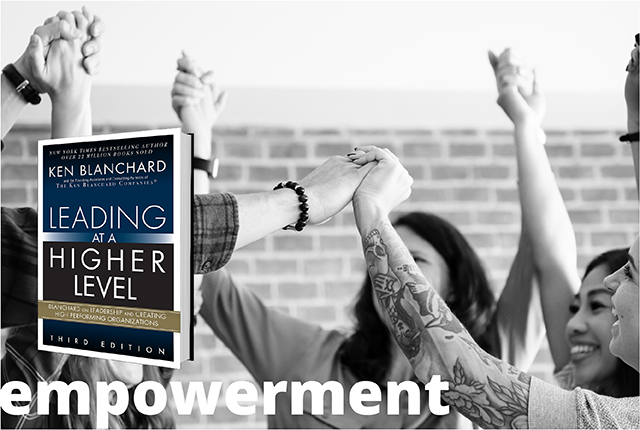
Ken Blanchard, author of Leading at a Higher Level, said,
EMPOWERMENT IS THE PROCESS OF UNLEASHING THE POWER IN PEOPLE, THEIR
KNOWLEDGE, EXPERIENCE, AND MOTIVATION
AND FOCUSING ON THAT POWER TO ACHIEVE
POSITIVE OUTCOMES.”
Empowerment means people have the freedom to decide and to act. It also means they are accountable for their results. The strength of empowerment is self-leadership, the ability and willingness to lead, to take initiative and be proactive—in short, to make things happen. Empowerment, in fact, is what the coach gives to people. Self-leadership is what people exercise in order to make empowerment work.
Coaching is about bringing out the best in people and to let them lead the way to produce the results they want. People who are helped in developing strong self-leadership produce better results and earn the right to lead others. You make a bigger difference by allowing others to find their own solutions and enable strong ownership and responsibility.
The former chairman of IBM, Thomas J. Watson, said, “Nothing so conclusively proves a man’s ability to lead others, as what he does from day to day to lead himself.” When the people you coach are able to lead themselves well, they will produce better results, and they will earn the right to lead others. As coaches, we make a much bigger difference in people’s lives when we allow them to find their own solutions, when we enable them to take ownership and responsibility for their actions, and when we empower them to lead themselves. That is when we bring out the best in people.

He who controls others may be powerful, but he who has mastered himself is mightier still.
Lao Tzu

TRANSFORMATIONAL COACHING QUESTIONS
LATEST HAPPENINGS AT ITD WORLD
Tap on the latest insights, best practices, and wisdom to effectively unleash the genius of senior global leaders and CEOs with the Certified Chief Master Coach (CCMC) program that kicks off on 27 Sept, 2024.
This profound program equips you with cutting-edge coaching models, tools, techniques, and leadership assessments for you to drive results. See how the CCMC drives results for you and your organization now.
Applications for the Marshall Goldsmith Coaching Culture Excellence Award are now open!
This award lauds organizations which have established a robust coaching culture to enable individuals, leaders, teams, and the organization for attaining exemplary business results.
Submit your entry by or before 30 September 2024 for the opportunity to win this prestigious recognition. Click or tap the picture to find out more!
